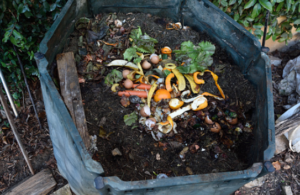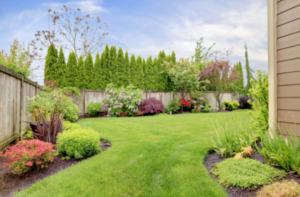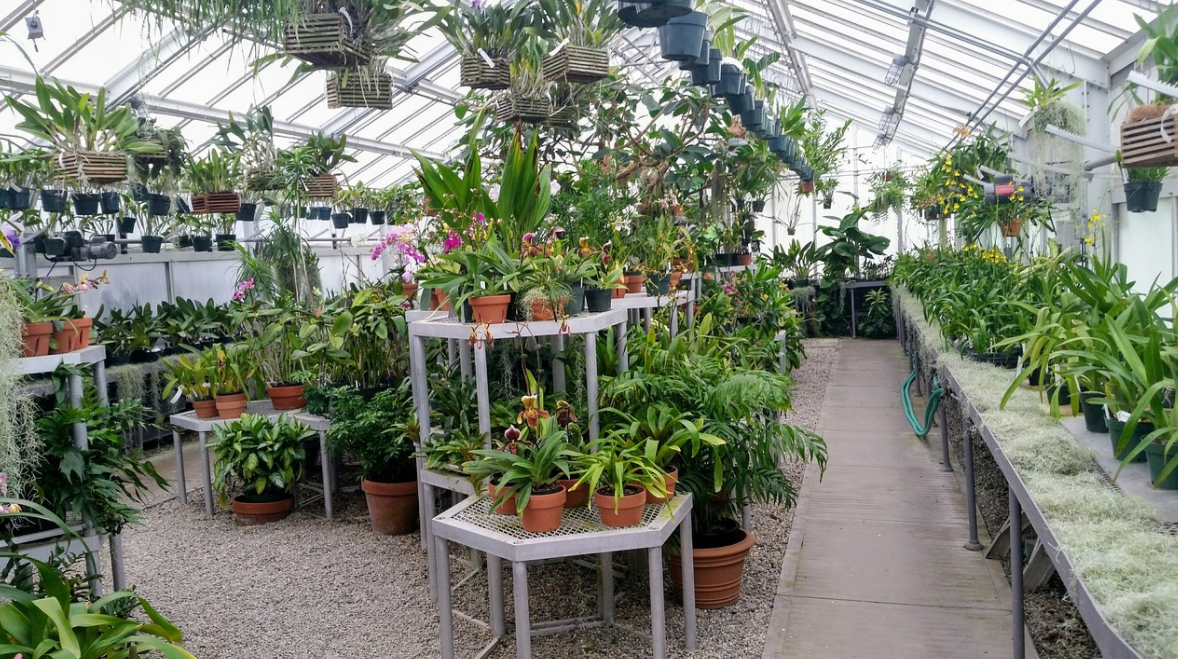Permaculture and organic gardening are hot topics. Everyone wants safe, organic fruits and vegetables and eggs. Urban farming is becoming increasingly popular across the country. These ten simple steps will help you start your sustainable organic garden in your backyard. You can also check out https://www.zerowasteweek.co.uk/the-zero-waste-approach-to-gardening-repurpose-and-reuse/ to learn more about zero-waste garden tips. Soon you’ll be able to grow your own nutritious and affordable food. You’ll also be able to reduce the time and money spent on maintaining exotic lawns and ornamental plants.

Reduce the Lawn Size
Some people tend to beautify the garden oasis than struggle to maintain and mow the lawn. We started removing the lawn and replacing it with versatile trees, shrubs, and groundcovers. To make the lawn easy to mow, we created gentle curves. Where there are trees, we use hardy covers and ferns. Instead of mowing for hours, we soon needed only an hour. Also, we didn’t have to fertilize or water the lawn because it was in the right place.
Arrange the Rainwater System
Rainwater does wonders for plants, the old-timers say. Rainwater is the best thing for growing a garden. Rain gardens, infiltration pits, and rain barrels are convenient ways to use rainwater. You can combine attractive rain chains with other control methods to divert rainwater away from areas where runoff is not working. You can also use readily available materials to make your rain chains.
Create a Compost Pile
 Gardeners should use meatless kitchen scraps and other plant materials to create rich black soil. It is much better to compost leaves and grass clippings than to throw them on the side of the road. You can make your compost piles or buy ready-made compost piles. If you don’t have any trees, walk around your neighborhood the day before garbage collection and pick up the excellent bags left by your neighbors. Besides, composting with worms is another good option. This way enables you to enrich your soil by adding redworm larvae to your compost pile.
Gardeners should use meatless kitchen scraps and other plant materials to create rich black soil. It is much better to compost leaves and grass clippings than to throw them on the side of the road. You can make your compost piles or buy ready-made compost piles. If you don’t have any trees, walk around your neighborhood the day before garbage collection and pick up the excellent bags left by your neighbors. Besides, composting with worms is another good option. This way enables you to enrich your soil by adding redworm larvae to your compost pile.
Build Worm Factory Composter
It has an excellent tray design and a spigot to collect the “worm tea”. The kit includes detailed instructions, cut paper, and a coke stone. Once you’ve assembled the compost bin, you can order your red tongue worms. You can use the worms to fish and thus contribute to sustainability. Mulching can combine with all available materials, such as the soil with leaves, pine needles, or wood chips (or any other material you have available). It helps keep the soil moist and enriches it. It also keeps weeds down. Therefore, mulching your yard is better for the environment and you.
Choose Native Plants
Coreopsis, stiff-leaf verbena, and hellebore attract native bees and butterflies to the garden. Native plants are better accustomed to seasonal changes, drought, and flooding than exotic plants. They are hardier and require less care than imported exotic plants. They withstand fluctuations in weather and do not need to be replaced. It saves money. Many native plants provide edible fruits, berries, nuts, and roots. Pecans, wild blueberries, and blackberries are just a few examples.
Make an Intersperse
 Sustainable gardening does not require planting vegetables or other edible plants in large quantities as in traditional gardening. Pest and disease infestations can be reduced by mixing edible plants with ornamentals. It is because pests are less attracted to the enormous mass plantings of traditional gardens. Good companion plants can be planted near vegetables to improve their growth and flavor and to repel pests. Parsley and other small flowers attract predatory wasps and tiny pollinators to your garden.
Sustainable gardening does not require planting vegetables or other edible plants in large quantities as in traditional gardening. Pest and disease infestations can be reduced by mixing edible plants with ornamentals. It is because pests are less attracted to the enormous mass plantings of traditional gardens. Good companion plants can be planted near vegetables to improve their growth and flavor and to repel pests. Parsley and other small flowers attract predatory wasps and tiny pollinators to your garden.
Prevent Chemical Pesticides
Sustainable gardening is possible with organic pest control methods. They are also beneficial to the environment. It means that it is essential to encourage natural predators. Green anole hunts insects on native goldenrod flowers in the fall. The predator-prey cycle is not affected by not using chemical pesticides. Natural predators can do their job and get rid of pests in your garden.

